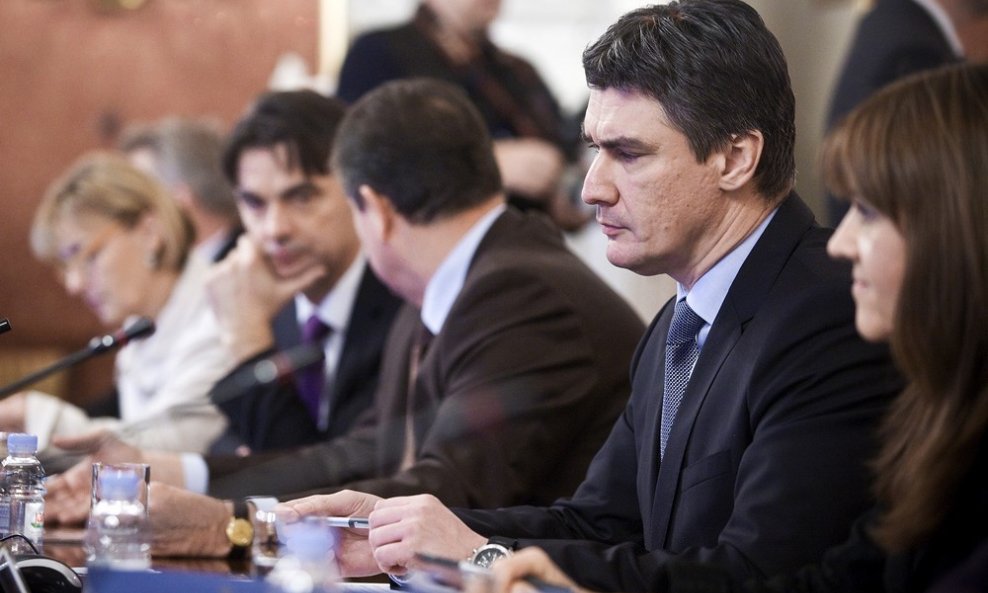A tax reform which the new Croatian government is planning to carry out will not increase the tax incidence, Prime Minister Zoran Milanovic said at the very first session of his cabinet on Thursday, announcing a reduction of the number of senior state administration officials by a third.
A demanding year is ahead of us and we stand behind our promise not to raise the total tax burden because that would be unbearable, Milanovic said.
"This government starts from the position that Croatia is overburdened with taxes and contributions and that the economy cannot bear that burden," the premier said.
Along those lines, this government will make decisions it deems to be most beneficial, taking care that workers and jobless people pay the lowest price or do not pay it at all, he said.
Milanovic said that the meetings of his cabinet would be open to the public and that only discussions on staff-related matters and nominations would be held behind closed doors.
The government also adopted a regulation on the principles of the internal organisation of state administration, paving the way for the reduction of the total number of senior state officials so that the total number of deputies and assistants to ministers would be lowered by one third in comparison to the previous government.
"This is no revolution. It will make certain economies and create conditions for normal work, while ministers will be able to select a small number of their associates," Milanovic said.
It has been agreed that we will rely on the staff already employed in the state services, he added.
Public Administration Minister Arsen Bauk said that the performance of the state administration would be based on six principles: rationalisation, functionality, the vertical and horizontal connection, the harmonisation of the basic elements of internal organisation, the flexibility of the internal organisation, and the principle of availability.
The government also adopted rules envisaging the establishment of standing bodies: a European Union affairs committee, a coordinating body for the internal and foreign affairs, a coordinating body for social activities and human rights, a coordinating body for regional development and the EU, a coordinating body for the economy, a commission for relations with religious communities, a personnel commission and an administrative commission.

































